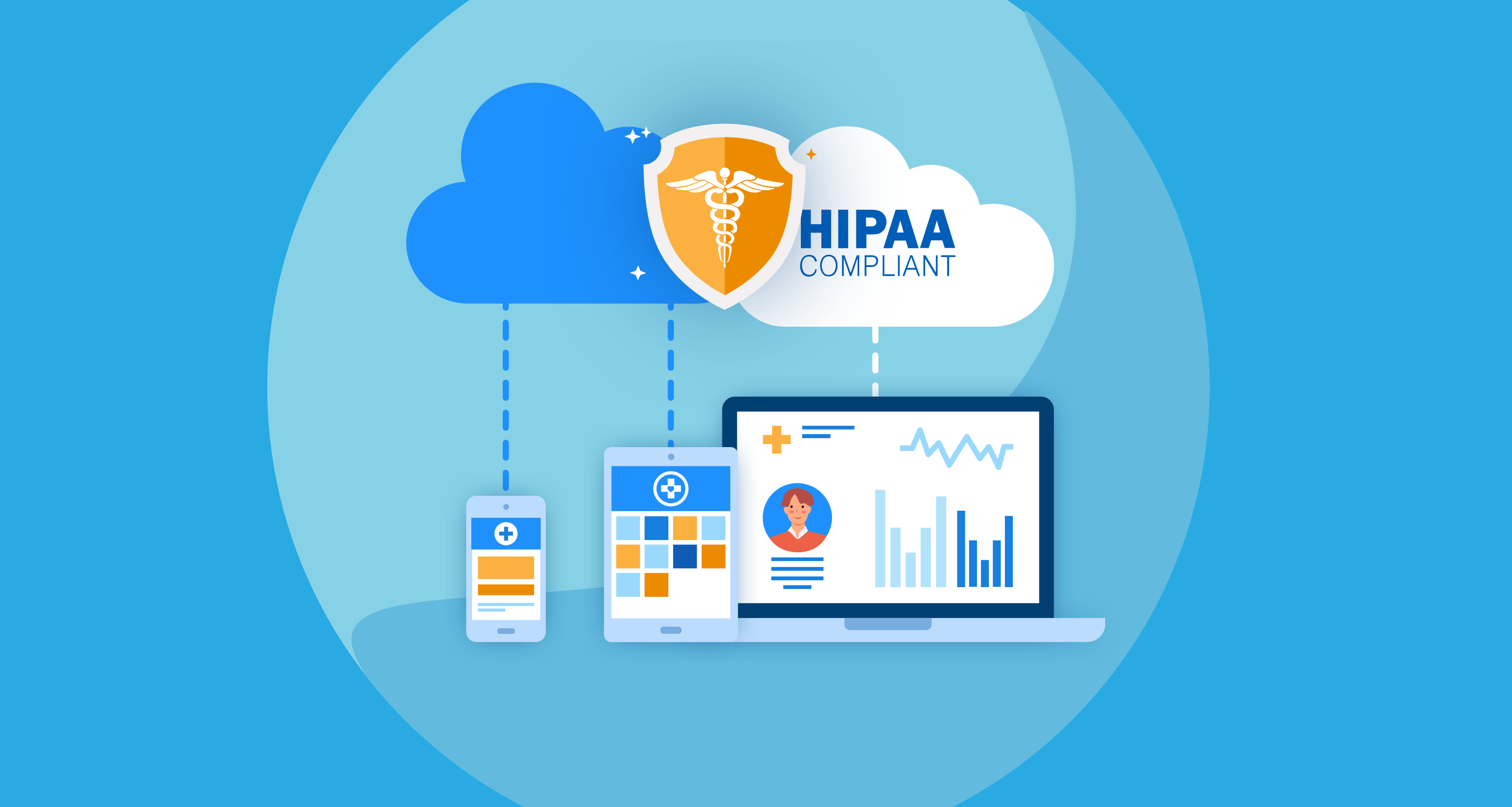
In the world of healthcare, data security is of utmost importance. With advancements in technology and the growing popularity of cloud computing, HIPAA compliant infrastructure has become an essential requirement for healthcare providers.
Cloud computing is rapidly gaining traction across all industries due to its cost-effectiveness, scalability, and ease of use. The healthcare industry is no exception, with many providers adopting various cloud-based services such as EHR platforms, telemedicine platforms, and medical imaging storage solutions. However, with this adoption comes an increased risk of data breaches and noncompliance with HIPAA regulations.
Cloud Computing and HIPAA Compliance
To ensure compliance with HIPAA guidelines when using cloud computing services, healthcare providers must choose vendors who offer a HIPAA compliant environment.
These vendors should have:
- Robust security measures that include data encryption at rest and in transit
- Access controls to restrict unauthorized users from accessing sensitive information
- Regular security audits
- Disaster recovery plans that account for data loss or corruption due to natural disasters or cyberattacks
The decision to use cloud computing also requires careful consideration of the type of service model being used.
Healthcare organizations can opt for the following:
- Infrastructure-as-a-Service (IaaS)
- Platform-as-a-Service (PaaS)
- Software-as-a-Service (SaaS)
Each model has different levels of responsibility in terms of maintaining security and compliance. IaaS provides more control over the infrastructure but requires more work on the part of the provider to maintain compliance. PaaS offers more preconfigured options but still leaves room for customization by the provider. SaaS provides the most hands off approach but may not allow enough flexibility for specific organizations.
Another essential aspect to consider when implementing HIPAA compliant infrastructure is training and education. Healthcare providers must ensure that staff are aware of the policies, procedures, and regulations governing the use of cloud-based services. This includes training on how to recognize potential security threats such as phishing emails or social engineering scams. Additionally, regular audits should be conducted to ensure compliance with HIPAA regulations.
Benefits of HIPAA Cloud Computing
Cloud computing also offers several benefits in terms of disaster recovery and business continuity planning. A HIPAA compliant infrastructure leveraging cloud technology can provide near instantaneous backups and failover capabilities in case of a natural disaster or cyberattack. With this approach, healthcare providers can rest assured that they are able to continue providing care to patients without any interruption or loss of data.
All in all, cloud computing has revolutionized the way healthcare providers store and manage patient data. However, this innovation increases the risk of data breaches and non-compliance with HIPAA guidelines. To ensure a secure and HIPAA compliant infrastructure, healthcare providers must carefully choose vendors who offer a HIPAA compliant environment, consider the type of service model being used, implement proper training and education programs for staff, regularly audit their systems for compliance, and leverage the benefits provided by cloud computing such as disaster recovery and business continuity planning. By following these guidelines, healthcare organizations can confidently embrace cloud computing while maintaining regulatory compliance and protecting sensitive patient information from unauthorized access or disclosure.









